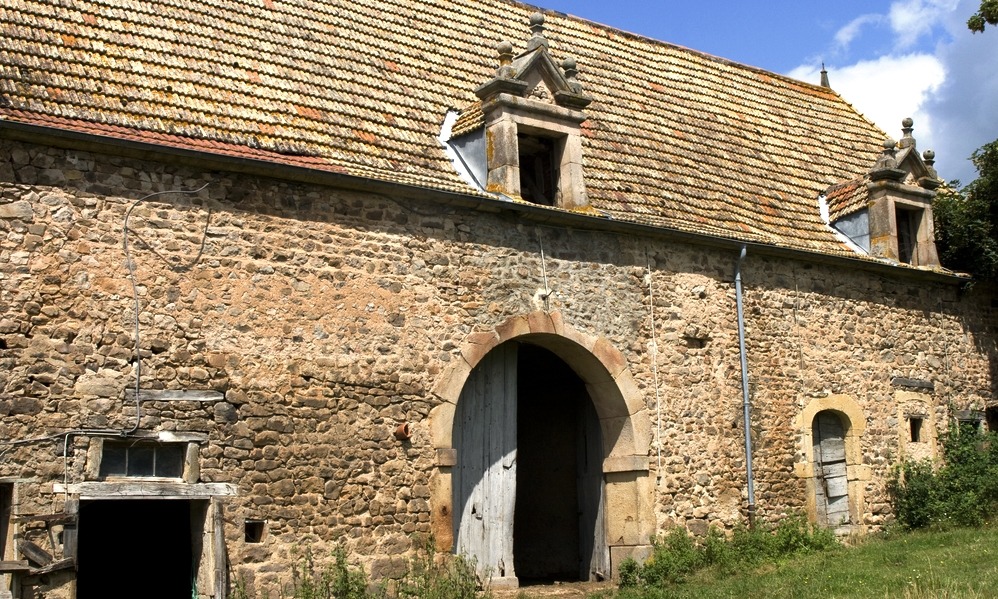It is fair to say that many British people dream about owning an old French farmhouse brimming with character and original features, preferably with at least some outside space and probably set in a pretty village. Certainly these properties are reasonably easy to find, and there are still some excellent bargains across the country. However, many such properties have been neglected, and may need a complete overhaul – or at best a serious amount of decorating.
The French are not so keen on house renovation, and prefer to leave it to us Brits – which means the concept of DIY is relatively new in France. We have noticed a gradual interest in sourcing one’s own materials for house renovation in recent weeks, however. Many shops that are equivalent to, say, Wickes or B&Q in the UK, have become very busy on Saturdays.
Make sure you get a qualified electrician or plumber to oversee the works so that you know you have not done anything wrong.
Find homes in France via our property portal.
If you are intending on renovating or doing up your French home, there are several things you will need to consider at the start:
1. Always remember that there are differences in electrical standards, plumbing and plastering. Rather than object to this, it is wiser to “go with the flow” and do things the French way. It is fine to renovate yourself to an extent but make sure you get a qualified electrician or plumber to oversee the works so that you know you have not done anything wrong. This is important for resale value.
2. Make sure you know your own limits! Even if you do like a challenge, it’s still important to at least be certain that the property is structurally sound, and the roof is in good shape. You can still make your mark on your property without fretting about such fundamentals!
3. You will be unlikely to have a survey in France, as these are less common. As they see it, many properties have stood the test of time over hundreds of years. Our advice is to have a good local builder look it over though: rule number one.

House renovation is such a popular hobby for expats in France but make sure you make it work for you.
4. Think of the property as your new home rather than a good investment. French properties do not rise in value as quickly as their British counterpart, so if you consider any increase in the cost of the property as a sidenote to living in a house that you have dream of, you will be much happier.
5. Take your time. Think carefully about how you go about the entire renovation and don’t rush anything.
6. Source local builders, who have been recommended to you, to carry out any work you need doing. This not only means you can offset any bills you receive against Capital Gains Tax charged in the future, but will also help you build relationships in your local community.
You will be unlikely to have a survey in France, as these are less common. As they see it, many properties have stood the test of time over hundreds of years.
7. You may need planning permission to change the exterior of your property, and if in doubt we always recommend speaking to your local mairie, who will be happy to help and most likely pleased that you are renovating your house and enhancing the village. You are free to do as you like to the interior of your property.
8. Set yourself a budget before you start, including a certain percentage to cover costs that you haven’t accounted for yet. Think about the best way to obtain the materials that you need – after all shipping from the UK may actually be cheaper.
9. Enjoy your renovations! These things take time, and it’s important to spend some time enjoying your new life in France as well as spending time renovating.










